Ukraine more useful to NATO as human shield than partner nation: Journalist
By Somayeh Khalili
Ukraine is finding it difficult to join the NATO military alliance because the bloc leadership sees the former Soviet republic more useful to it “as a human shield than a partner nation," says a journalist and commentator.
In an interview with the Press TV website, Denis Rogatyuk, an Australia-based journalist and political analyst, said the US-led military bloc is at the moment “able to fulfill all its objectives” by keeping Ukraine away from the alliance, and “as close as they can to the frontline of its conflict with Russia.”
“As Article 5 of the NATO charter indicates, any conflict between a member state of NATO and another country would automatically trigger a military response by all members of the alliance,” he said. "They understand that as a NATO member, Ukraine would immediately demand that all other members engage in a military and possibly nuclear, confrontation with Russia.”
At this year’s NATO summit in Lithuania last week, Ukrainian President Volodymyr Zelenskyy had to leave empty-handed and with shattered hopes of securing the membership of the alliance.
The communiqué released Tuesday following the summit said the alliance “will be in a position to extend an invitation to Ukraine when allies agree and conditions are met.”
In response, Zelensky fumed at the decision, saying there was “no readiness, neither to invite Ukraine to NATO nor to make it a member of the alliance.”
Rogatyuk told the Press TV website that the NATO leadership “has no desire to directly confront the second largest military armed force on the planet possessing one of the largest nuclear weapon stockpiles by allowing Ukraine to become a full member.”
He said since the deposition of the democratically-elected government of Viktor Yanukovich in Ukraine in 2014, and the subsequent conflict between the Ukrainian government and the pro-Russian People’s Republics of Donbas, Ukraine has been “engaged in a military campaign to regain its lost territory.”
“With most of the population of Donbas being of Russian origin, this is extremely unlikely to happen regardless of the outcome of Russia’s special military operation,” Rogatyuk stressed.
“And while Ukraine is engaged in any kind of military conflict, any possibility of a full NATO membership will be out of the question,” he added, referring to obstacles in the path of NATO membership.
Other obstacles, he added, include the “immense level of corruption” within the Ukrainian military, as proved by last year’s scandal involving the Ukrainian defense minister, Oleksiy Reznikov.
Rogatyuk further stated that in the event of Ukraine becoming a member state of NATO, the other powers such as the United States, United Kingdom and Germany “will use it to further provoke military and political conflict with Russia, as well as using it as launch pad against any other state that it considers to be its rival, such as Iran.”
“Before the end of the Cold War, NATO gave strict assurances to both USSR and later Russia that in exchange for their withdrawal of all military personnel from Eastern Europe, NATO would not expand a single inch eastward,” he told the Press TV website.
“This promise was broken over 16 times in the past 30 years, and each time another state joined the ranks of NATO, the probability of a military confrontation with Russia grew. Throughout the early 2000s, there were numerous incidents of NATO equipment being installed in nations such as Poland and Czech with an obvious intent to be used against future conflict with Russia, provoking diplomatic crises each time.”
He hastened to add that Ukraine’s membership in NATO if it happens, will have a “tremendous effect upon the international strategic relations between countries and blocs.”
“If Ukraine is allowed to join in the middle of the conflict with Russia, this would mean an instant World War 3 and the collapse of the international order as we know it,” the Australian observer noted.
“But if Ukraine is allowed to join as part of any post-conflict settlement, with or without the approval and consultation of the Russian government, we are likely to see the further strengthening of the relations between Russia and its strategic partners, especially China and Iran.”
Such a hostile move, he warned, would “further push Russia towards strengthening the military and economic cooperation through forums such as the Eurasian Union, the Shanghai Cooperation Organisation” etc to “reduce any remaining economic leverage the Western governments may have on it, as well as to ensure its security against any possible attack from the West.”
ICC issues arrest warrants for Netanyahu, Gallant for war crimes
Israeli strikes kill 88 Palestinians in northern Gaza
American voters plainly rejected complicity in Gaza genocide: Iran FM spox
ICC should issue more arrest warrants for Israeli authorities over Gaza genocide: UN expert
Israel using AI weapons co-produced by India in Gaza genocide: Report
Israel issues new evacuation orders, shortly launches strikes on southern Lebanon
VIDEO | Press TV's news headlines
From Iraq to Gaza: The great disconnect between British people and rulers


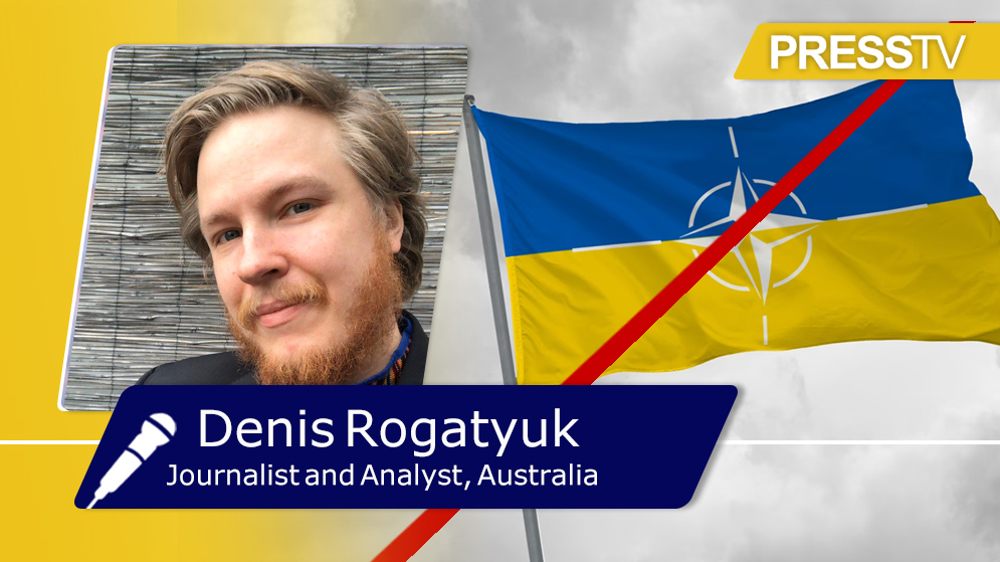

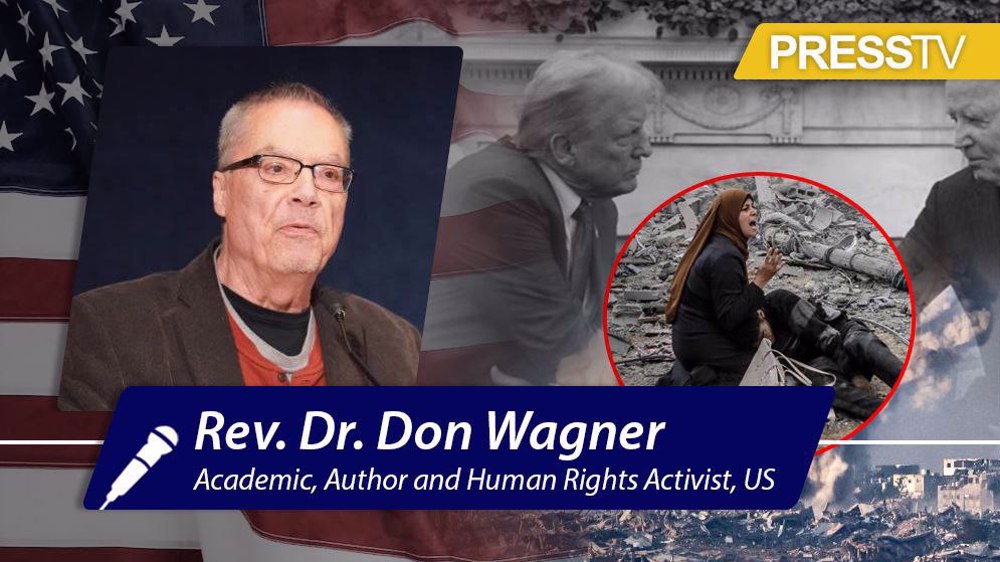
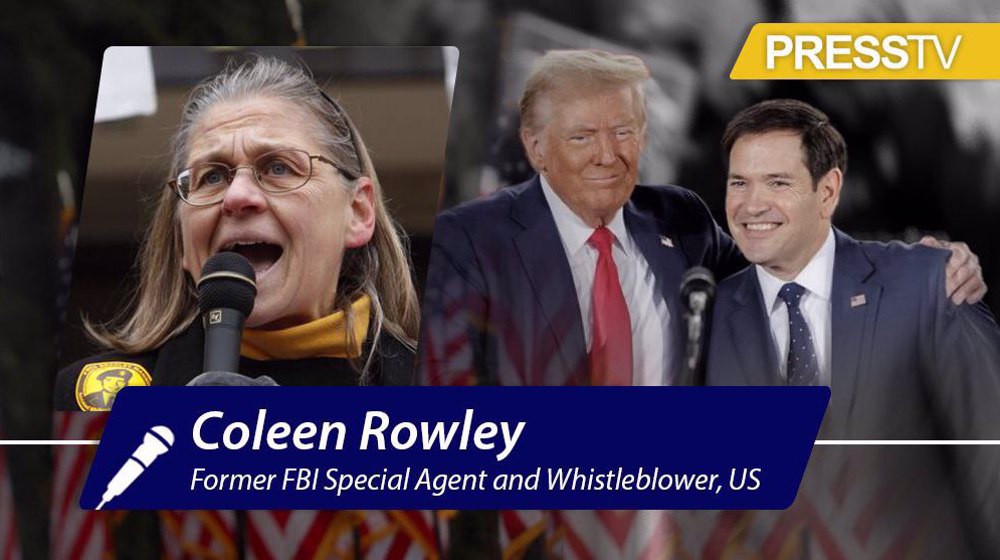



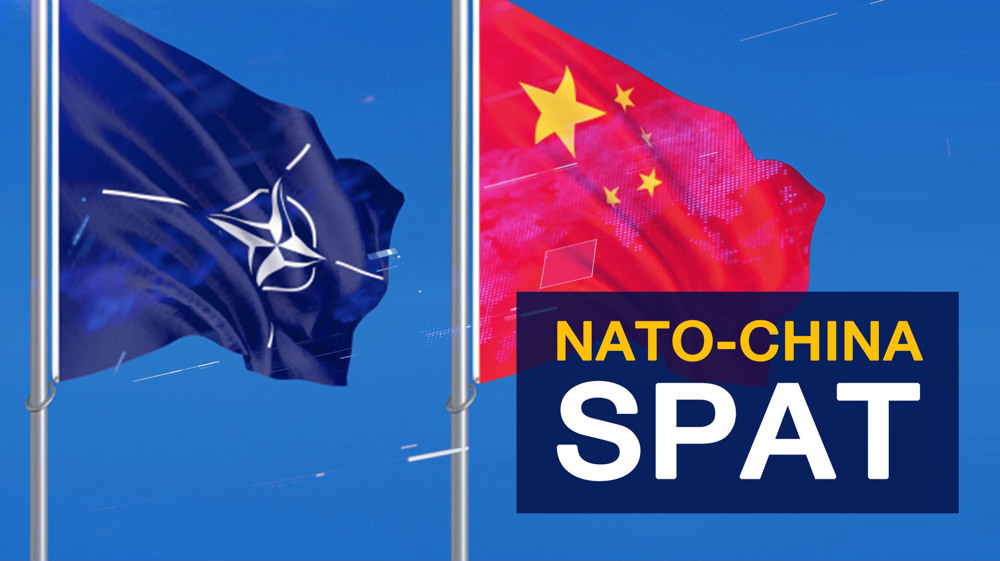
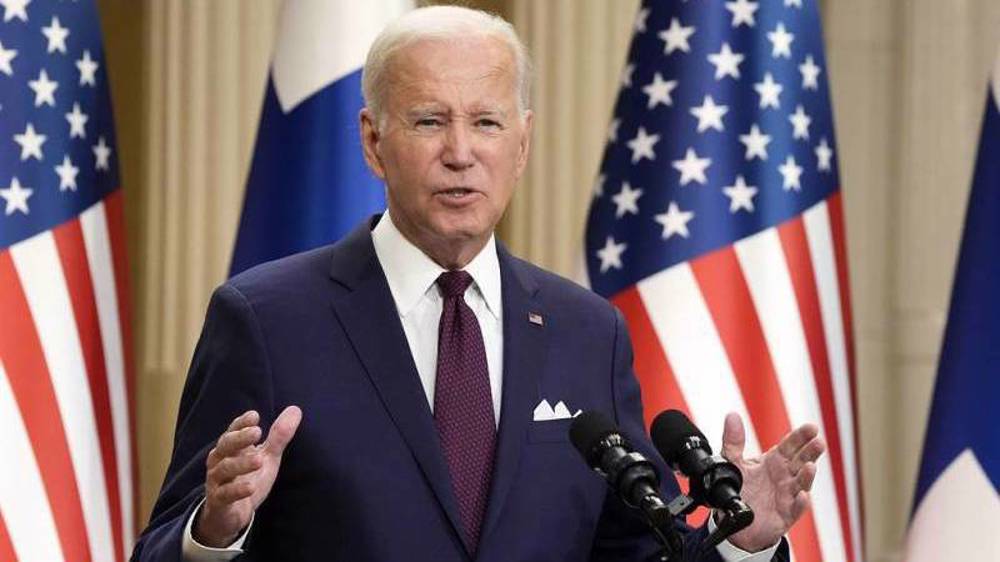
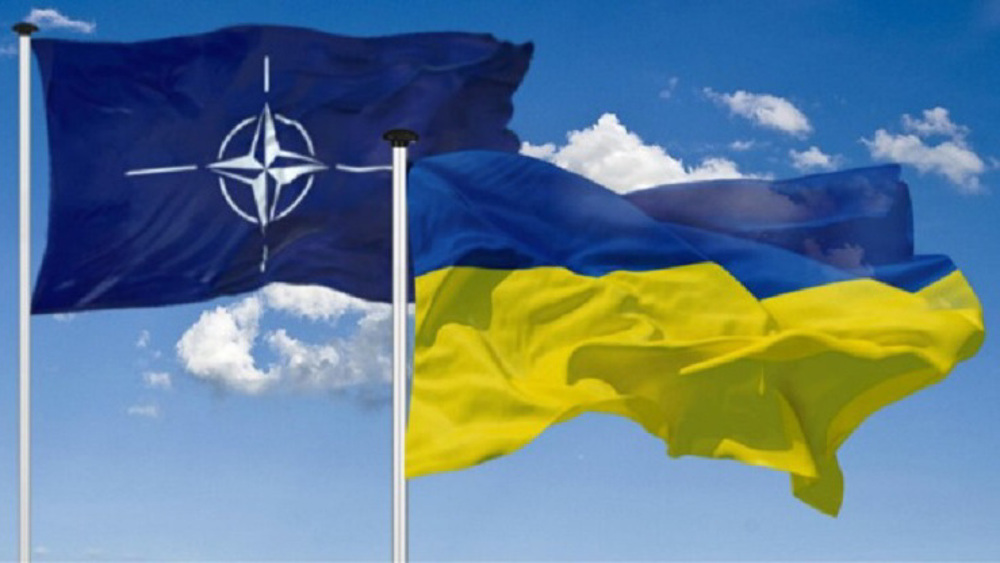
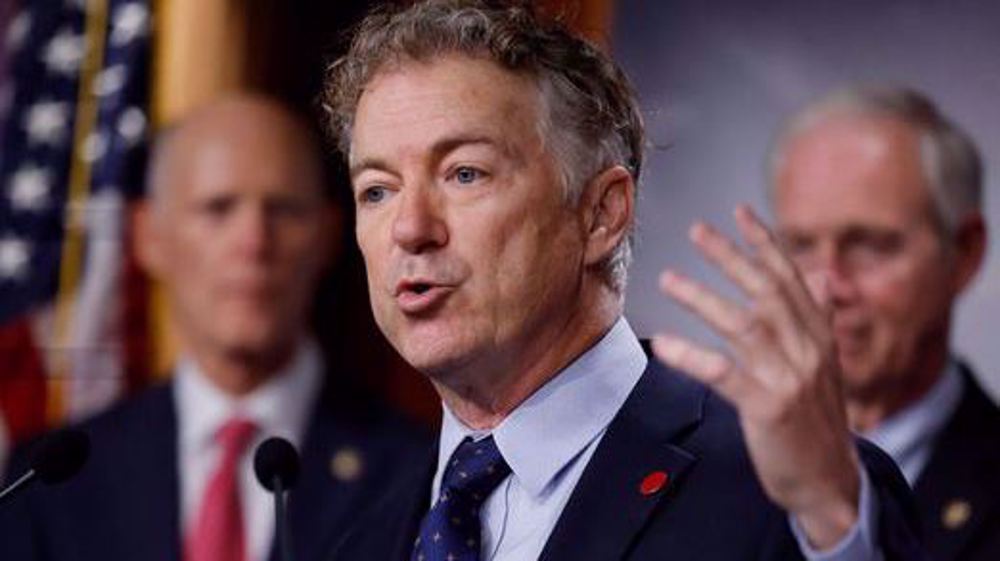
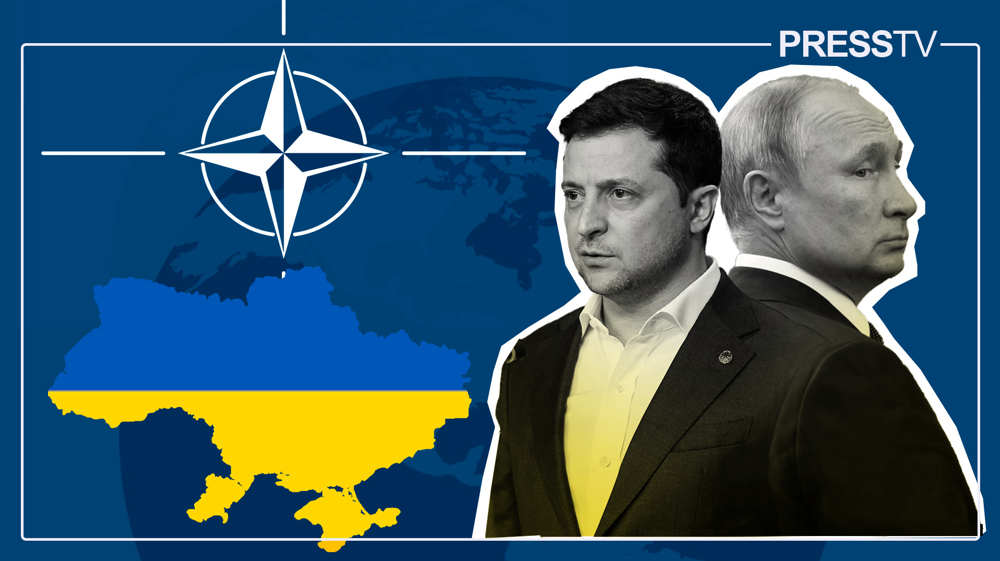

 This makes it easy to access the Press TV website
This makes it easy to access the Press TV website